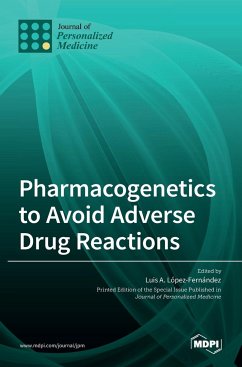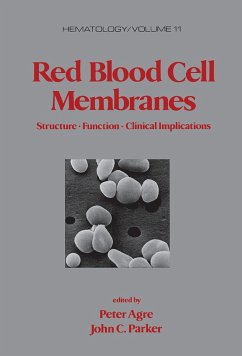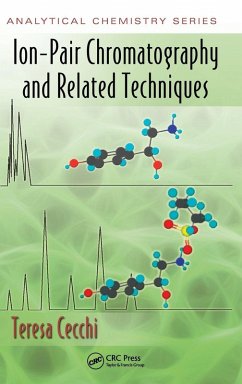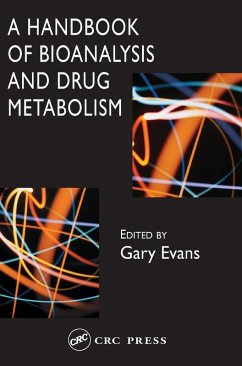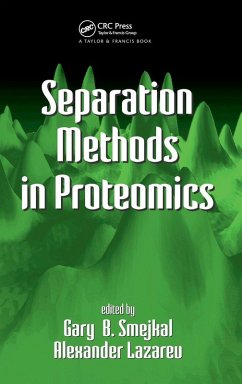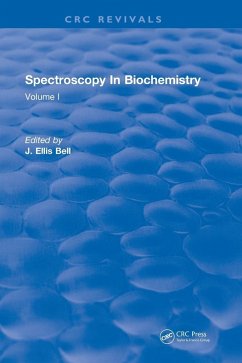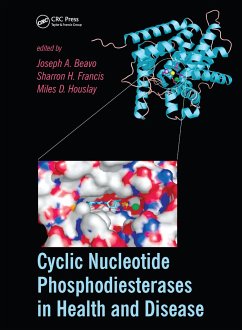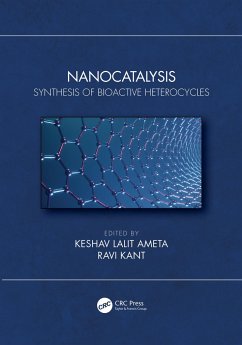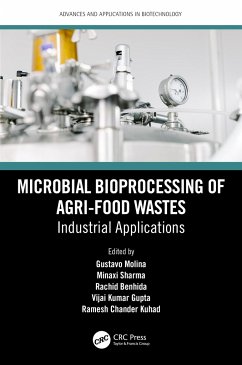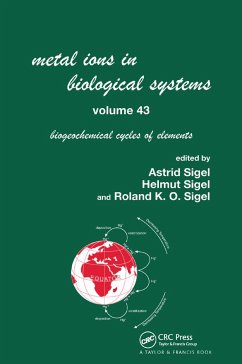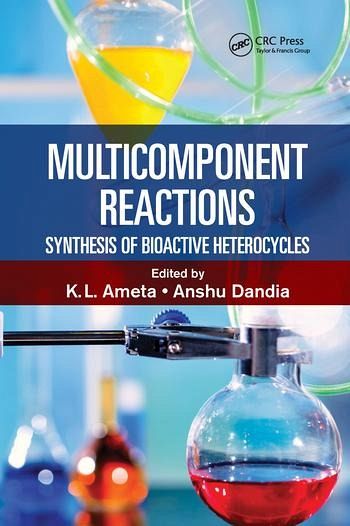
Multicomponent Reactions
Synthesis of Bioactive Heterocycles
Herausgeber: Ameta; Dandia, Anshu
Versandkostenfrei!
Versandfertig in 1-2 Wochen
62,99 €
inkl. MwSt.
Weitere Ausgaben:

PAYBACK Punkte
31 °P sammeln!
This timely book provides a succinct summary of methods for the synthesis of bioactive heterocycles using a multicomponent reaction (MCR) approach. The majority of pharmaceuticals and biologically active agrochemicals are heterocycles while countless additives and modifiers used in industrial applications are heterocyclic in nature. With the recent introduction of high-throughput biological evaluation, the importance of MCRs for drug discovery has been recognized and considerable efforts have been focused especially on the design and development of multi-component procedures for the generation...
This timely book provides a succinct summary of methods for the synthesis of bioactive heterocycles using a multicomponent reaction (MCR) approach. The majority of pharmaceuticals and biologically active agrochemicals are heterocycles while countless additives and modifiers used in industrial applications are heterocyclic in nature. With the recent introduction of high-throughput biological evaluation, the importance of MCRs for drug discovery has been recognized and considerable efforts have been focused especially on the design and development of multi-component procedures for the generation of various bioactive heterocycles due to their significant therapeutic potential.





